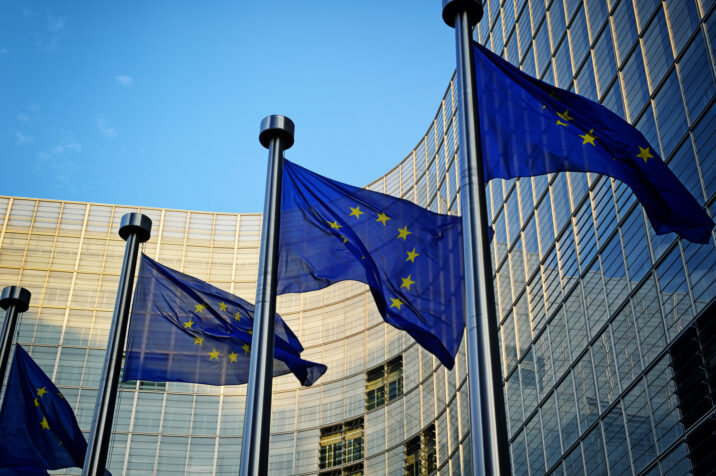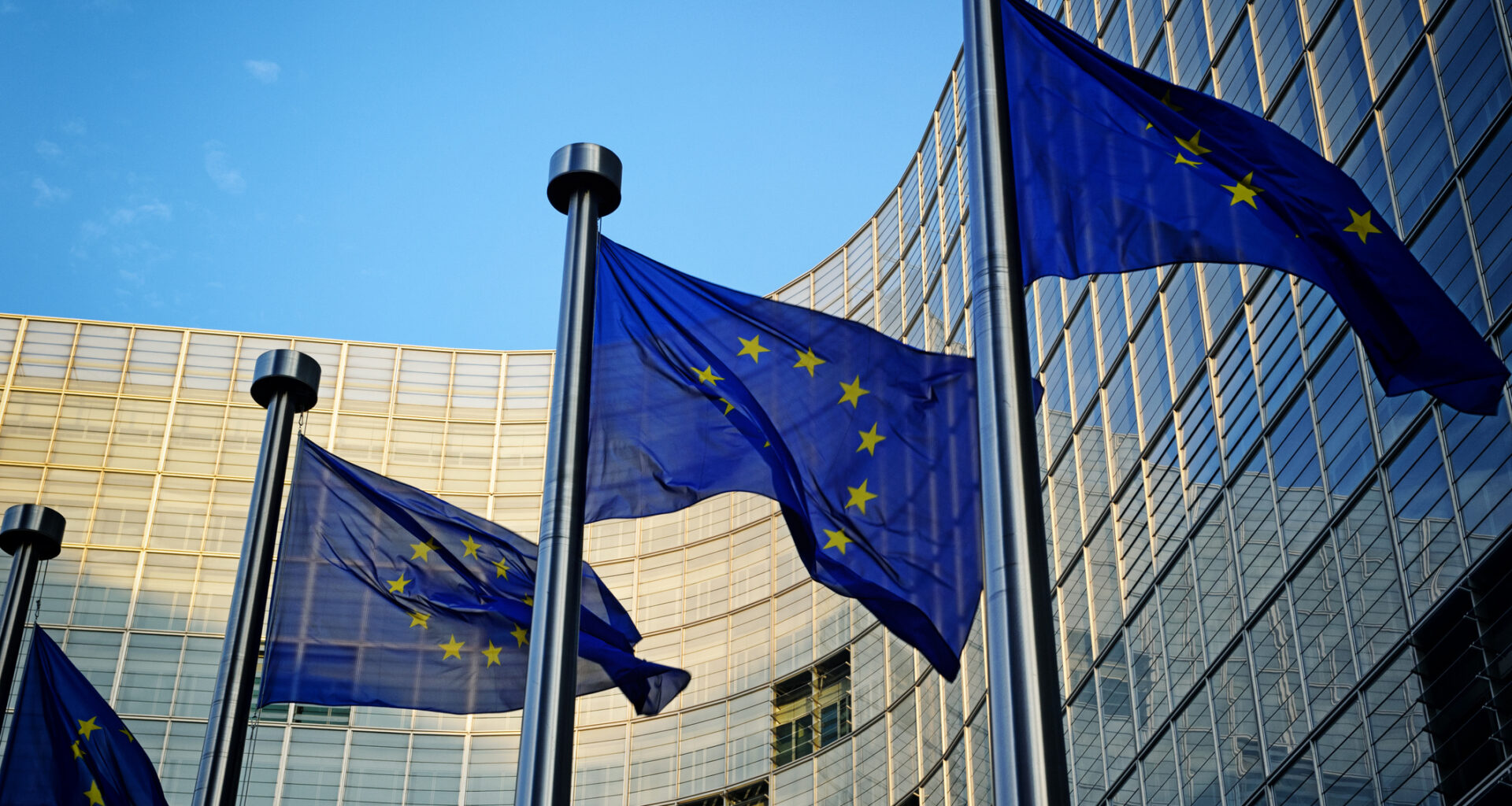
EFRAG could “explore” with the International Sustainability Standards Board (ISSB) the possibility that the latter could simplify its standards if the goal of interoperability between the two would hinder the streamlining of the EU’s rules, a commissioner has said.
EU standards body EFRAG is in the process of revising the European Sustainability Reporting Standards (ESRS), and last month issued its first update on the work.
It plans to launch a public consultation on the draft revised standards at the end of July.
Financial services commissioner Maria Luís Albuquerque responded to this first update, commenting that the report indicated the process is currently “on track”.
She also included some key points for the body to take into account “as far as possible”, noting that it would be preferable to integrate these prior to the launch of the public consultation.
One of the points was interoperability with the ISSB, which Albuquerque said remains a “key item, as it aims at avoiding double reporting for some companies”.
She added, however, that if EFRAG considers that there are cases in which interoperability “significantly hinders” the simplification exercise, “for example by creating a tension with the objective of making ESRS shorter or less granular”, then it would be important to highlight those cases and to seek the views of stakeholders during the public consultation.
“Depending on the outcome of the public consultation with regard to any such cases, EFRAG might explore with the ISSB the possibility that IFRS S1 and S2 could be simplified in a corresponding manner,” she wrote.
The ISSB declined to comment.
The Commission has also granted an extension to EFRAG for delivering its technical advice on the revision and simplification of the bloc’s sustainability reporting standards.
The deadline, previously set for 31 October, has now been pushed forward by one month, following a request from the body for an extension.
The public consultation on the revised standards has therefore been extended from 30-45 days, to 60 days. The standards body plans to launch the feedback period at the end of July.
EFRAG said it welcomed the opportunity to give stakeholders more time to consider the upcoming drafts, and “fruitfully contribute” to the revision and simplification process of the ESRS.
The standard body’s sustainability reporting board (SRB) chair Patrick de Cambourg also stated that this would allow for a “more inclusive and robust” consultation process.
Among the other requests from Albuquerque was for EFRAG to not add any new datapoints to the ESRS, and to not convert any voluntary datapoints into mandatory ones.
She said that if the body feels the need to deviate from this “on an exceptional basis, please ensure that any such case is transparently flagged in the documents that you release for public consultation and that a thorough justification is provided”.
She added that the standard should be “internally consistent, avoid unnecessary repetitions, substantially shorter, and that the drafting is crystal clear and of the highest quality”.
The revised ESRS should also focus on “strategically important information”, meaning that when applied, companies should report less information than when applying the existing standards.
On modified terms and concepts, the commissioner said these should only be considered if they lead to “simpler and clearer” standards.
“The advantage of introducing any new terms and concepts should always be weighed against the possible adjustment costs for companies that are already reporting against the existing ESRS.”
Finally, Albuquerque has asked EFRAG to communicate the proposed changes in a “short and simple” way.
Green Claims Directive u-turn
The Commission has backtracked on comments made last month regarding the withdrawal of a greenwashing law introduced in 2022 to ensure consumers receive “adequate information” on products’ durability and reparability.
The EU executive said it intended to withdraw the Green Claims Directive, after receiving a letter from the centre-right European People’s Party (EPP) – the largest political group in the European Parliament – which asked the Commission to drop the proposal on its behalf.
Subsequently, the Council of the EU then cancelled its trilogue discussions with the Parliament.
A spokesperson for the Commission at the time defended the decision, saying the current proposals “go against” the Commission’s simplification agenda.
Concerns had been raised in particular over how small and micro enterprises should be treated under the law.
A spokesperson for the Commission has since told Responsible Investor that the proposal will not be withdrawn, on the condition that microenterprises are taken out of the scope of the directive, commenting that reducing administrative burden for small companies is an “essential part” of its simplification agenda.
“It is for the co-legislators to take action when it comes to the green claims proposal. The Commission has not withdrawn it,” the spokesperson said, adding that the Commission will take part in the next trilogue meeting, if it is organised.
ESG credentials guidance
The European Securities and Markets Authority (ESMA) has issued guidance on how market participants should make “clear, fair and not misleading” claims, and thereby avoid the risk of greenwashing, in sustainability-related claims used in non-regulatory communications.
Misleading claims can in particular take the form of “cherry-picking, exaggeration, omission, vagueness, inconsistency, lack of meaningful comparisons or thresholds, or misleading imagery”, ESMA said.
The EU’s financial watchdog this week released a thematic note outlining four guiding principles on making sustainability claims.
The principles – which cover accuracy, accessibility, substantiation and keeping information up to date – do not create any new disclosure requirements, ESMA noted.
The ESG credentials claim types were considered in particular for industry initiatives, labels and awards, and comparisons to peers.
